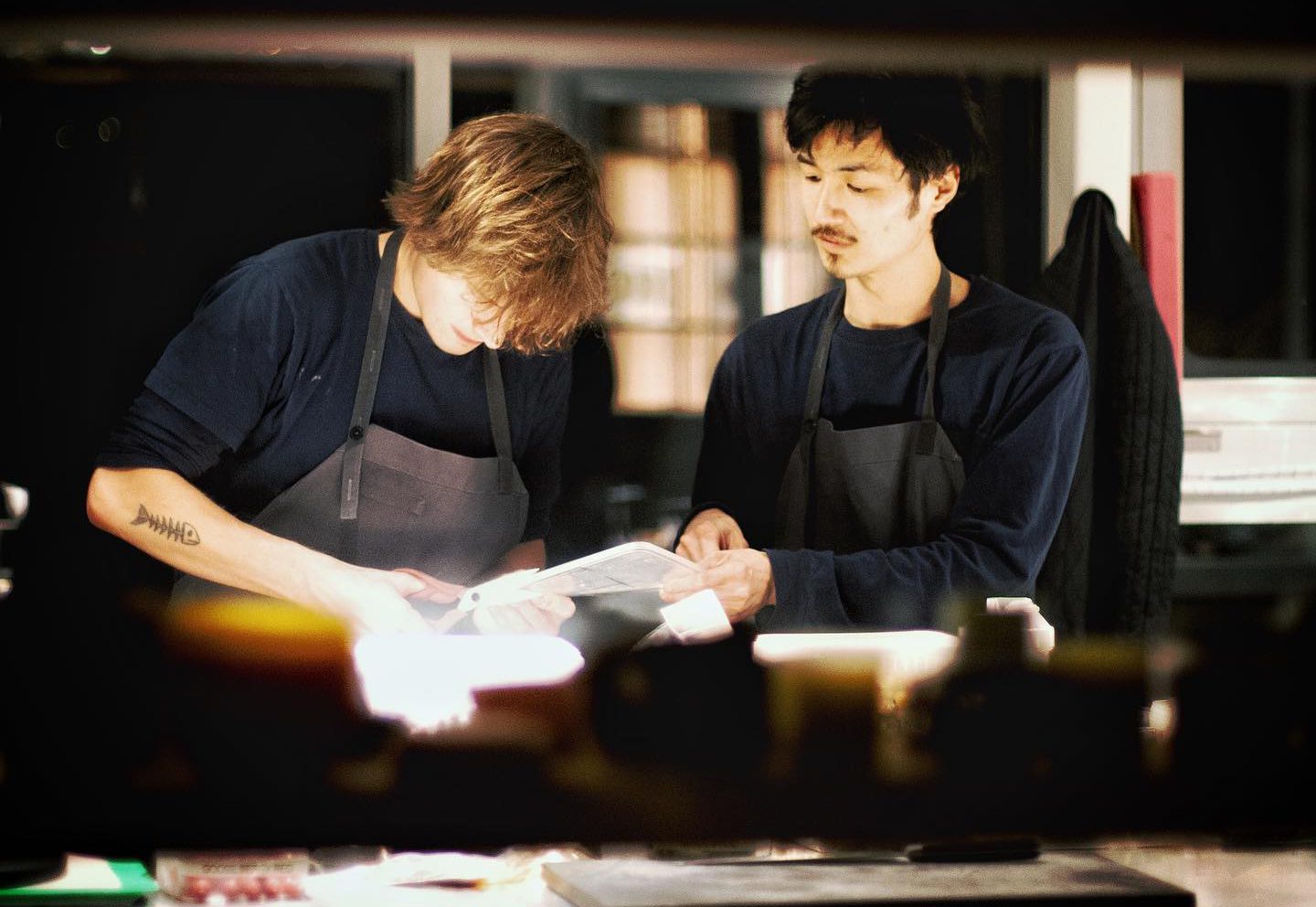The Copenhagen-based restaurant Noma, regularly rated as the world’s best restaurant and having recently earned its third Michelin star, is closing down at the end of 2024. The chef-owner, Rene Redzepi, will instead be creating a food laboratory.
The main reason cited behind the closure is that it was no longer sustainable. The restaurant employed nearly 100 people, sold lunches worth $700 (€650), received Government aid and still lost money. Noma has been a flagship restaurant when it came to defining ‘new Nordic cuisine,’ popularising it across Scandinavian countries, and this move has inevitably shaken the industry.
Elite restaurants around the world have been put under the microscope in recent years. There has been increased scrutiny of how they treat their workers who are ill-paid and required to produce luxurious dishes which require exceptional skill.
Mr Redzepi added that it was not feasible to pay workers fairly, maintain high standards and charge market rates. “We have to completely rethink the industry,” he told the New York Times, “this is simply too hard, and we have to work in a different way.”
Recent criticism pressured Noma’s chef-owner to start paying its interns, increasing the restaurant’s overhead by $50,000 (€46,666). It also shed light on the working conditions in the restaurant, described as a toxic work environment that included verbal and physical bullying.
Mr Redzepi’s objective with Noma Projects is to develop a full-time food laboratory, which will develop new recipes and products for its e-commerce website. At the moment it sells products such as wild rose vinegar and smoked mushroom garum coupled with recipes on how to use them.
While its restaurant is closing down, it will still open for occasional pop-ups, similar to the one it did in New York in 2022. However, there won’t be any permanent establishments since the primary focus will be Noma Projects.
Featured Image: Noma Restaurant via their Facebook Page
Lufthansa and Air France-KLM tighten budget amid first-quarter losses prompted by disruptions and strikes
Despite the slow start, airlines are expecting a busy summer ahead
Romanian Prince Philip Al Romaniei refused bail in Malta, following European Arrest Warrant
Defence lawyer Jason Azzopardi argued that the case against the Prince was 'politically motivated'
In pictures: These Maltese houses just won architectural awards
The BIG SEE Architecture Awards are given to projects from South-East Europe






